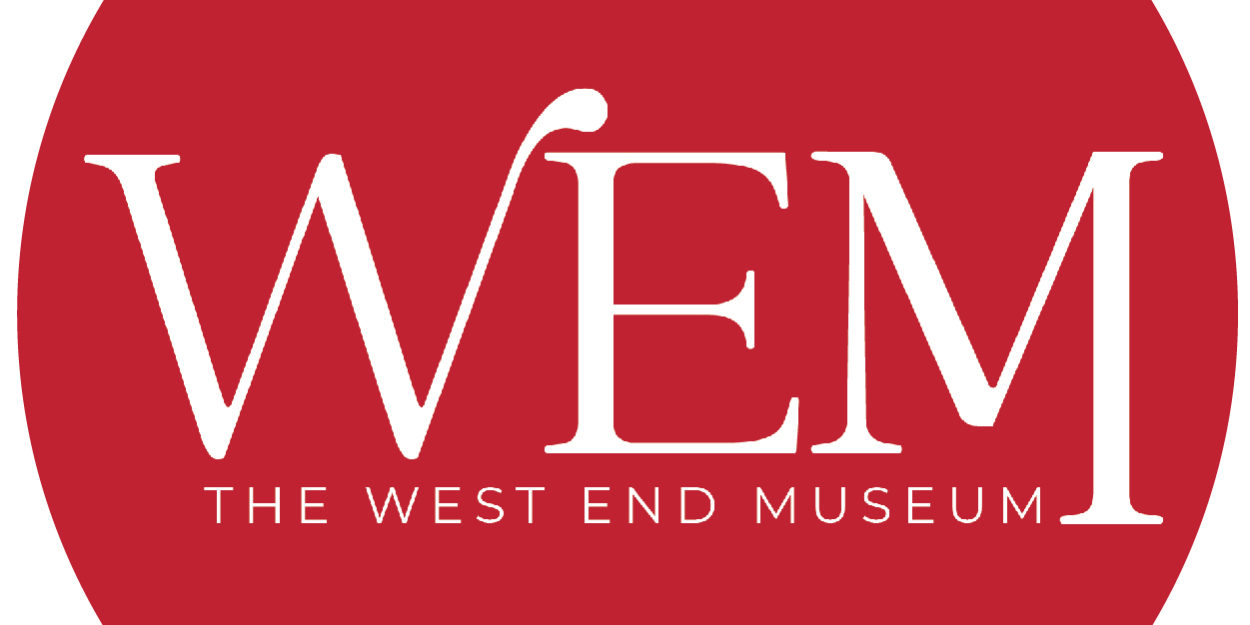Black Lives Matter – An Important Message from Museum Director Sebastian Belfanti
After months of social distance and loss, the past month has been particularly difficult. We have been forced to reflect on the painful history of racism and segregation that led to George Floyd’s death, among many others. We at the Museum mourn the senseless loss of African American lives and ache for the many members of Boston’s minority communities hurt by institutional racism. We support the thousands of peaceful protesters across our city, state, and country, who are fighting for a more equitable future. Black Lives Matter.
In Boston’s old West End, thousands of residents from more than 20 different racial and ethnic backgrounds lived side-by-side in harmony building their lives, homes, families, and friendships. It is one of the main reasons the community became known as “the greatest neighborhood this side of heaven.”
We are proud of the many firsts for African Americans that occurred in the West End — such as Boston’s first African American school and the oldest standing African American Church in the US — and we want to highlight a few key figures in West End history who took brave stands against racism.
Kittie Knox is an African American woman who fought racism in the national bicycling community of the late 19th century. Born in 1874 to a white mother and black father in Cambridge, Knox moved to the West End with her mother and brother when her parents separated in the early 1880s. In 1893, passionate about bicycling, she became a founding member of the Riverside Cycling Club in Cambridge, the first black cycling group in the country. She joined the League of American Wheelmen (LAW) that same year — although many of the League’s chapters barred Black participation. By 1895, at just 21 years old, Knox broke the color barrier at LAW’s national competition.
The West End’s famous Mahatma, Martin Lomasney, was the only Irish ward boss in Boston to put a non-Irishman (or African American) into a government position during his extensive political career.
Prince Hall — a leader in Boston’s free black community on the North Slope of Beacon Hill, (then considered part of the West End) — and his son, Primus, fought in the Revolution, sure that their sacrifice would bring them equality. So, too, did the men of Massachusetts’ 54th regiment, who suffered terribly in the Civil War. Black lives have been given far too often for a country that has perpetually left them behind.
Our history is not all good. Like every tract of land, and every community, Boston and the West End have struggled with racism and inequality. But we hope the accepting, and inclusive parts of our story can provide some hope as we work toward a better, more accepting, and more equitable future.
For the next several months, we’ll be sharing content on our social media that amplifies historic and modern voices of color and that provides opportunities for all people to take an active stand against racism.
Again, Black Lives Matter.


